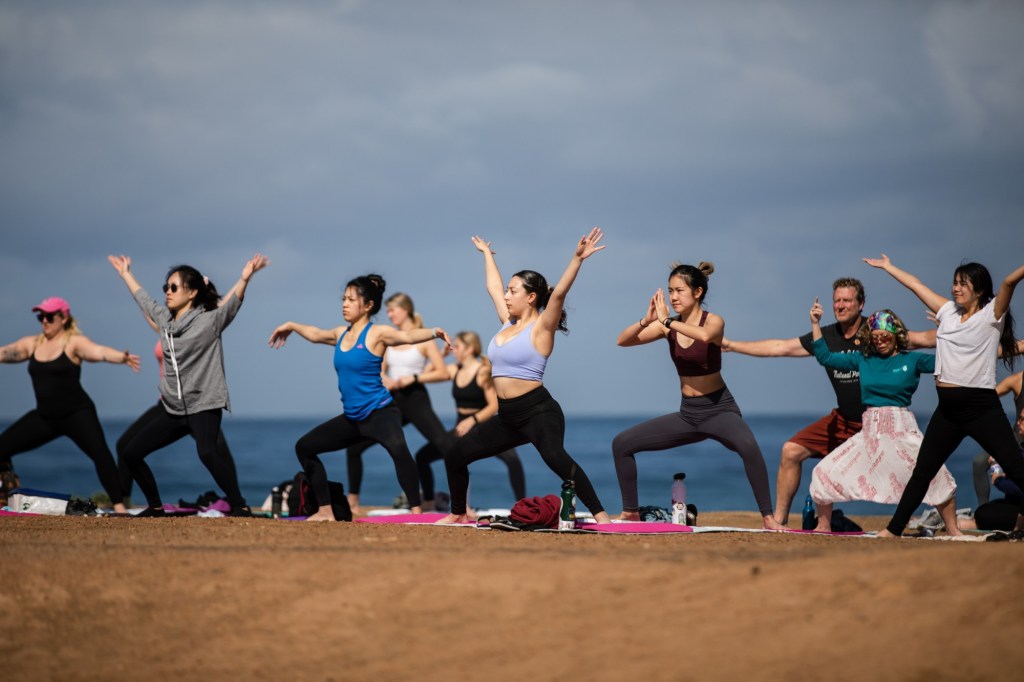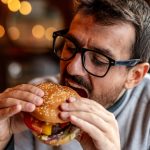The U.S. Court of Appeals for the Ninth Circuit has decided not to revisit its previous ruling that invalidated San Diego’s ban on group yoga classes held in public parks and along beaches. This unanimous decision is particularly notable as it signals strong consensus among the judges, effectively upholding the earlier ruling and leaving the city’s restrictions unenforceable.
This legal victory is particularly significant for local yoga instructors Steve Hubbard, known as “NamaSteve,” and Amy Baack, who initiated the lawsuit against the city last year.
In June, a three-judge panel ruled decisively that the act of teaching yoga is a form of protected speech under the First Amendment. The panel concluded that city officials failed to provide sufficient evidence that yoga classes posed a risk to public safety or hindered the enjoyment of the city’s parks and beaches, overturning a previous lower court’s ruling.
Following this ruling, the city’s decision to appeal resulted in a formal order from the Ninth Circuit on Monday. When contacted for comments, a representative from the City Attorney’s Office declined to provide any details regarding the appeal.
The origins of this legal dispute trace back to San Diego’s 2024 amendment to its street vendor ordinance. This amendment aimed to clarify which activities would qualify for free-speech protections in public spaces. A state law passed in 2018 had decriminalized sidewalk vending, allowing cities to create limited regulations focusing on health and safety, not on excluding vendors.
City officials argued that yoga classes, even when offered for free or donations, should be classified as a commercial activity that does not receive First Amendment protection. They compared yoga to more traditional commercial activities, such as massage therapy, dog training, and fitness classes, claiming these activities could obstruct pathways and access to scenic views.
Officials highlighted the concern that residents had expressed over what they perceived as increasing commercialization in their favorite parks and beaches, including yoga sessions.
In response, Hubbard and Baack filed their lawsuit in federal court in June 2024, asserting that yoga is not a commercial service but rather an expressive activity deserving of protection under the First Amendment. They emphasized that their classes are open to anyone, with donations being optional. “One could simply walk up and join a yoga class in a park,” stated their lawsuit.
Additionally, the lawsuit pointed out that the city had failed to consult the community or include public input regarding the ban through town councils or planning groups. Prior to the ban, Hubbard had been conducting free outdoor yoga sessions at Palisades Park for nearly two decades without any issues. Following the enforcement of the ban, he transitioned to teaching on YouTube; however, he continued to receive citations because participants gathered in the park to practice yoga while following his classes online.
In light of the ongoing legal battles, Hubbard and Baack are pursuing damages, claiming that the city’s actions were retaliatory in nature. They also have a separate state lawsuit arguing that yoga should be classified as an expressive activity protected by the California Constitution.
Bryan Pease, who represents the plaintiffs alongside his partner Parisa Ijadi-Maghsoodi, criticized the city’s focus, stating, “The city clearly does not actually care about public safety or protecting the cliffs. Rangers could be citing illegal fishing, where men climb all over the cliffs and leave behind plastic pollution and fishing line that strangles wildlife. Instead, they were laser-focused on shutting down yoga.”
This case highlights the larger conversation about public access to recreational spaces and the balance between commercial regulation and the protection of free expression in communal areas. As the city’s yoga ban stands undone, the implications of this ruling may resonate beyond San Diego, influencing similar cases across the nation.






